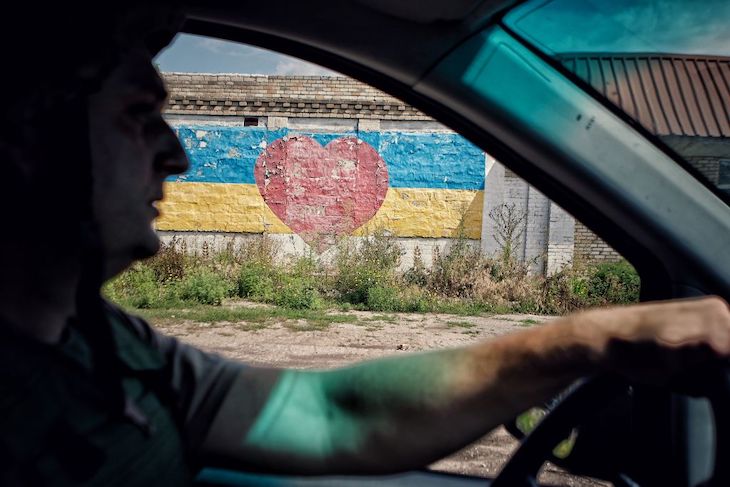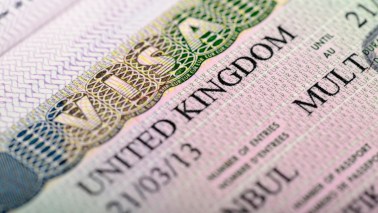The phrase divide et impera has echoed through history, its power as relevant today as it was in ancient Rome. Divide and conquer; rule through division. Rulers, then and now, have wielded this principle like a double-edged sword – deepening rifts to maintain control, ensuring that wounds never fully heal. At best, they turn into scars, waiting to be torn open again at the slightest provocation.
War is a terrible thing. And yet, even a tragedy of this scale has taught us something
In my own country, Ukraine, I’ve witnessed the devastating impact of this strategy for many years. While Western Ukrainians once called for the Donbas to be fenced off with barbed wire, people in the East labeled them neo-Nazis and Banderites. At times, political tensions led to “Orange Revolutions.” At others, backlash brought pro-Russian figures like Viktor Yanukovych to power.
For decades, Ukrainian politicians have manipulated linguistic and cultural divisions for their own gain, exploiting the country’s bilingual character – Ukrainian and Russian are both widely spoken.

Britain’s best politics newsletters
You get two free articles each week when you sign up to The Spectator’s emails.
Already a subscriber? Log in






Comments
Join the debate, free for a month
Be part of the conversation with other Spectator readers by getting your first month free.
UNLOCK ACCESS Try a month freeAlready a subscriber? Log in